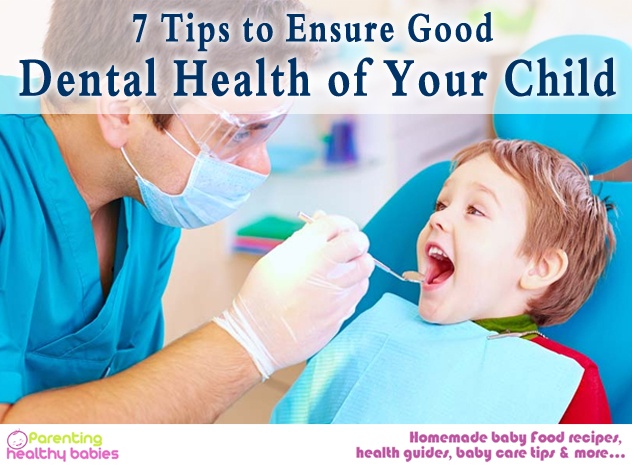Echinacea is an herb that is native to areas east of the Rocky Mountains in the United States. It is also grown in western States, as well as in Canada and Europe. Several species of the Echinacea plant are used to make medicine from its leaves, flower, and root. Let’s find out more about Echinacea for ADD.
Uses of Echinacea
Echinacea is widely used to fight infections, especially the common cold, and the flu. Some people take Echinacea at the first sign of a cold, hoping they will be able to keep the cold from developing. Other people take Echinacea after cold of flu-like symptoms have started, hoping they can make symptoms less severe or resolve quicker. Echinacea is also used against other types of infections including urinary tract, ear and throat infections but there is not good scientific evidence to support these uses. Sometimes people apply Echinacea to their skin to treat boils, skin wounds, or burns.
Commercially available Echinacea products come in many forms including tablets, juice, and tea.
All You Need to Know About Echinacea for ADD
Attention Deficit Hyperactivity Disorder (ADHD)
ADHD is a highly genetic, brain-based syndrome that has to do with the regulation of a particular set of brain functions and related behaviors.
These brain operations are collectively referred to as “executive functioning skills” and include important functions such as attention, concentration, memory, motivation and effort, learning from mistakes, impulsivity, hyperactivity, organization, and social skills. There are various contributing factors that play a role in these challenges including chemical and structural differences in the brain as well as genetics.
Since ADHD is a neuro-behavioral condition, there is no cure and the majority does not outgrow it. Approximately two-thirds or more of children with ADHD continue to have symptoms and challenges in adulthood that require treatment. While initially research was focused on studying hyperactive, school-aged boys, we now know that women also have ADHD. Boys and men are more likely to be referred for ADHD testing and treatment receives accommodations, and participates in research studies which make it hard to identify the ratio of men to women with ADHD. Some researchers have suggested that ADHD more prevalent in men, but we are learning that this is likely not the case. ADHD in women are consistently under-diagnosed under-treated compared to men, especially those who do not demonstrate hyperactivity and behavior problems.
Difference Between ADHD and ADD
ADHD includes the symptom of physical hyperactivity or excessive restlessness–that’s the “H”. In ADD (or what is called in the diagnostic manual, ADHD, inattentive subtype), the symptom of hyperactivity is absent. Indeed, people with ADD can be calm and serene, not in the least hyperactive or disruptive.
Is ADHD Curable?
Treatment for attention deficit hyperactivity disorder (ADHD) can help relieve the symptoms and make the condition much less of a problem in day-to-day life. ADHD can be treated using medication or therapy, but a combination of both is often best. Treatment is usually arranged by a specialist, such as a paediatrician or psychiatrist, although the condition may be monitored by your GP.
There are 5 types of medication licensed for the treatment of ADHD:
- methylphenidate
- dexamfetamine
- lisdexamfetamine
- atomoxetine
- guanfacine
These medications are not a permanent cure for ADHD but may help someone with the condition concentrate better, be less impulsive, feel calmer, and learn and practise new skills. Some medications need to be taken every day, but some can be taken just on school days. Treatment breaks are occasionally recommended to assess whether the medication is still needed.
Can Echinacea Cure ADD in Children and Adults?
Many parents of children with ADHD have concerns about medications prescribed for the condition, especially when it comes to side effects. Whether your child is on medication or not, there are a number of natural therapies that many consider beneficial in reducing symptoms and improving the quality of life for children with ADHD.
Most herbs are best taken in moderation, and Echinacea is no different. It can be helpful in treating specific symptoms related to ADD/ADHD such as anxiety, depression, and social phobias. However, a daily dose exceeding 20 milligrams a day was found to negate the benefits. Echinacea is considered a leading treatment for anxiety relief in the field of herbalism.
Remember, whether you are the parent of a child suffering from ADHD, or an adult patient, life does not and will never come to an end when you are diagnosed with ADD/ADHD. It will never be cured completely, but there are ways to control it. You just need to learn the ways.













